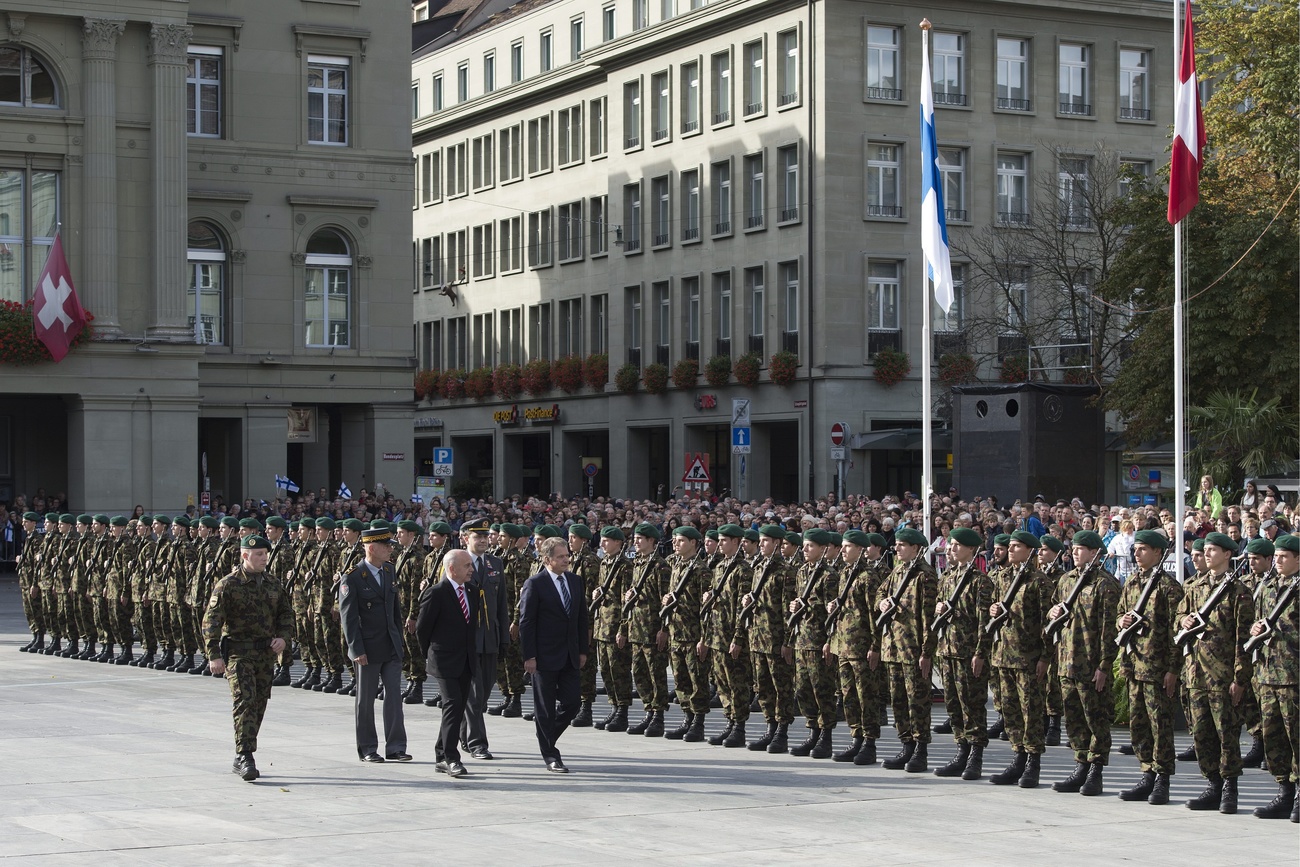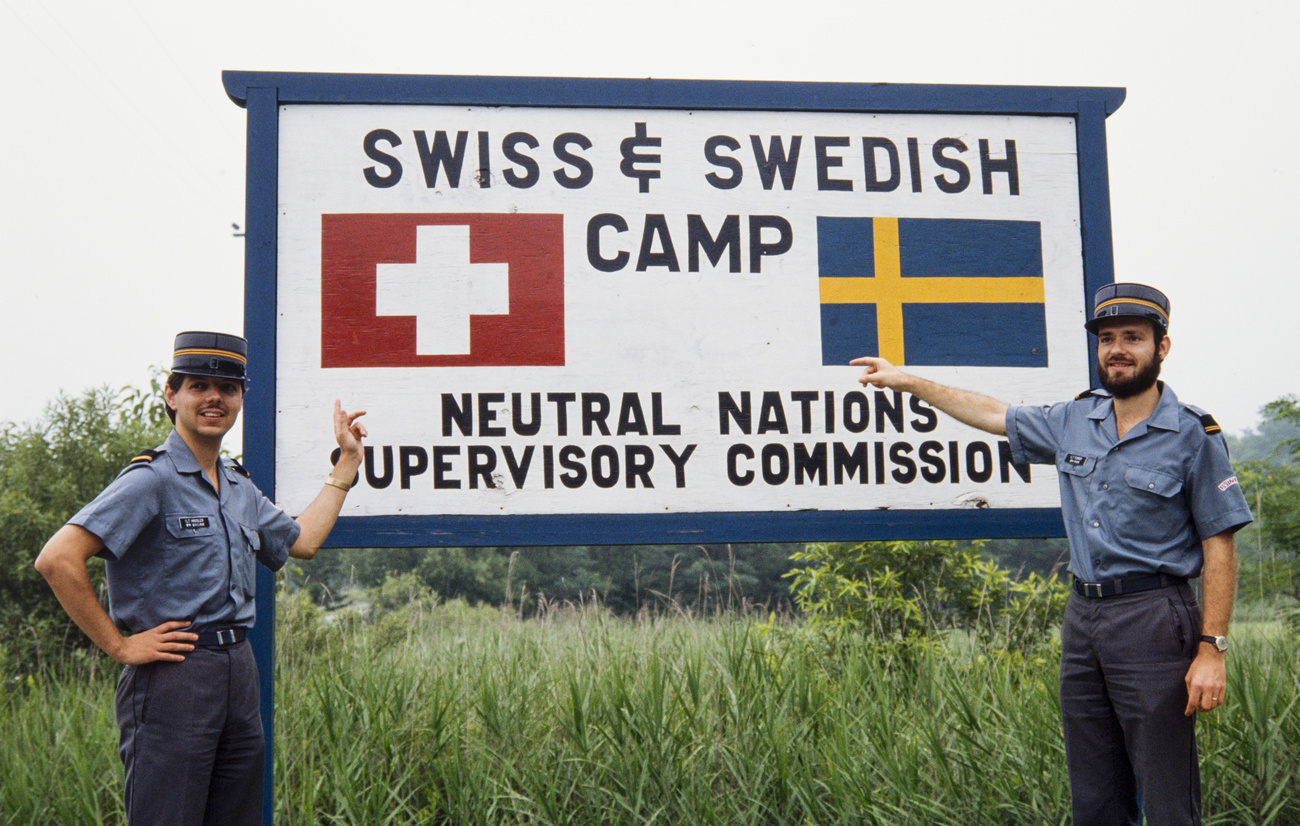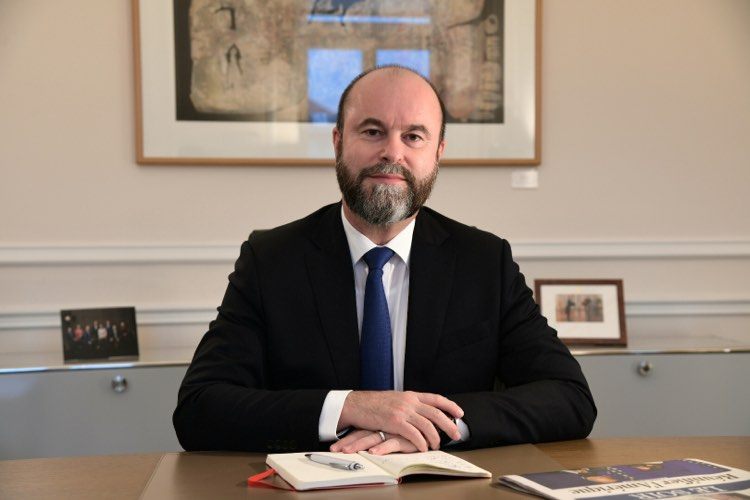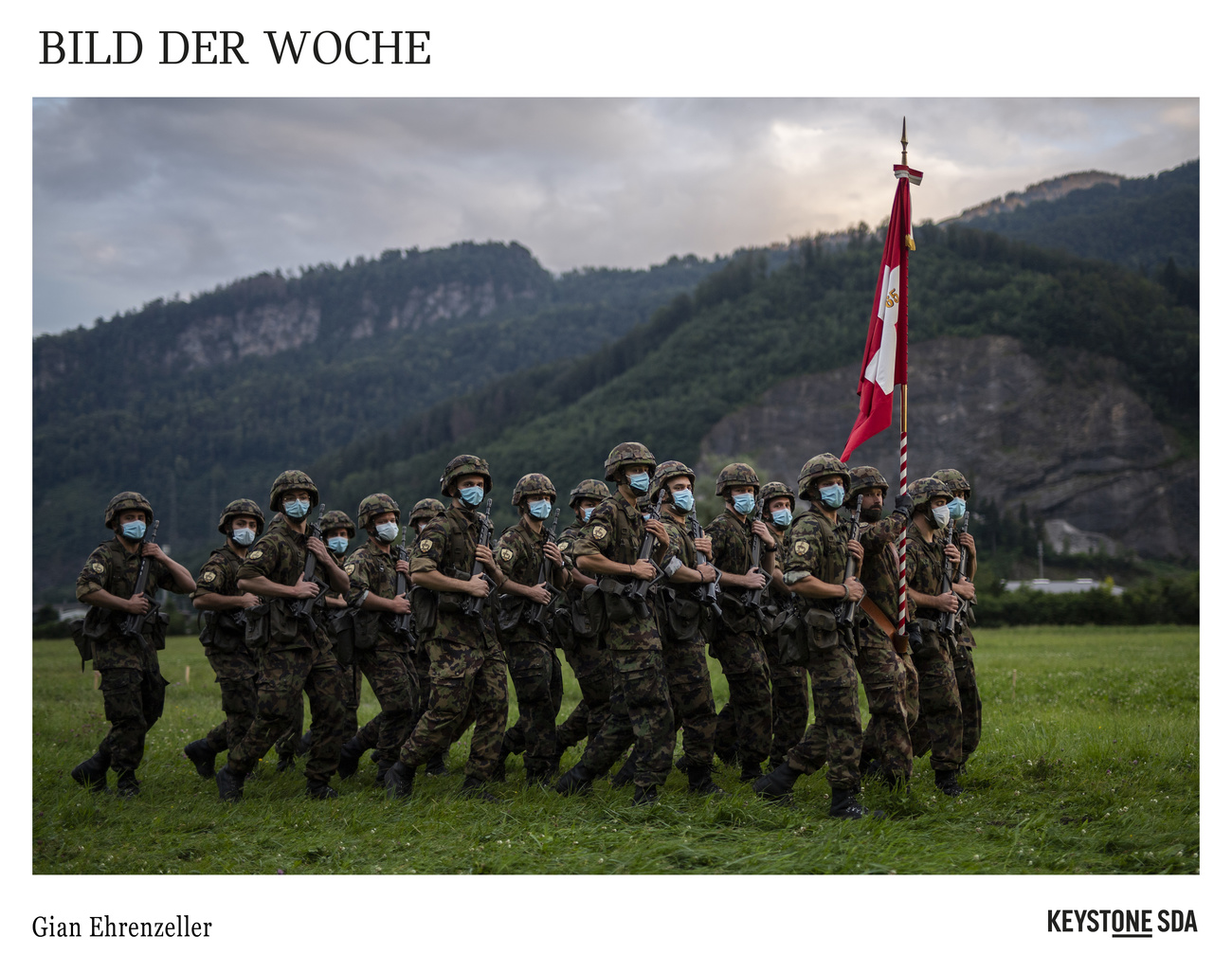Ukraine war sparks European debate on merits of neutrality

As Russian missiles hammer Ukraine and the world worries about the war escalating beyond its borders, European nations with a history of military non-engagement are examining whether the time has come to dump their long-held neutrality.
Six countries in Europe have embraced the stance, although to varying degrees. Finland and Sweden were neutral during the cold war but are tilting towards joining NATO; the principle is written into the constitutions of Austria and Malta; and Ireland and Switzerland have made it a cornerstone of foreign policy.
But recent polls suggest Russia’s aggression is accelerating a shift in public opinion in some of the nations.

Surveys just after February’s invasion found that for the first time, a majority of Finns and Swedes favoured their countries joining NATO.
Many in Ireland still oppose the country joining the western alliance, but a poll published late last month found 48% were now in favour of membership and 46% would vote “yes” in any referendum on whether Irish troops should serve in a future EU army.
In another survey in February, almost half of respondents said the country’s eight-decades-old concept of neutrality was out of date.
However, political leaders are treading cautiously as they juggle widespread revulsion at Russia’s invasion, security concerns and in some cases, fierce political opposition to altering long-held policies.
Swiss balancing act
Malta – where two in three people strongly support neutrality, according to a poll two weeks before the Russian invasion – Switzerland and Austria are not contemplating policy shifts. But Bern has moved in lockstep with EU nations in enforcing sanctions on Russia. Austria and Ireland have expressed willingness to join a proposed 5,000-strong EU rapid-reaction force that would intervene in international crises.

More
Russia’s war revives ‘neutrality’ debate
Simon Coveney, Ireland’s foreign and defence minister, has called for a “fundamental rethink” of the country’s security stance. But “I don’t believe Ireland is likely to join NATO any time soon”, he said at a recent seminar at the Institute of International and European Affairs in Dublin.
However, Ireland, which is involved in UN peacekeeping missions and is supplying Ukraine with non-lethal aid such as flak jackets and fuel, was “not ethically, morally or politically neutral”, he said.
Switzerland is treading a similarly fine line. The country, known for its banking secrecy, is one of the leading global centres for Russian wealth.
Bern is applying the EU’s sanctions against Moscow despite being neither a NATO nor an EU member. Accounts linked to 223 Russians have already been frozen.
But the government has faced strong criticism from the country’s largest political party, the rightwing populist People’s Party. One of the party’s most influential power brokers, billionaire and parliamentarian Christoph Blocher, told the NZZ newspaper that Switzerland had “become a party to the war” by enacting sanctions against Russia. “The worse things get in the world, the more important neutrality is,” he said.
Federal president Ignazio Cassis told a news conference in February that it was “absolutely not” the case that his country was abandoning its historic neutrality, insisting the policy “affords a broad scope of action to be able to respond to international developments”.
In Austria, an outlier among European nations in having friendly relations with Russia since the 1950s, the principle of “permanent neutrality” has been part of its constitution since 1955, when it was made a condition of the country’s independence from allied occupation after the second world war.
But its action on Ukraine has prompted a wave of criticism. Late last month Austria’s third-largest political party, the populist Freedom Party (FPO) which has longstanding ties to Russian president Vladimir Putin’s regime, called for a “five-point plan” to “restore” Austrian neutrality, including ditching EU sanctions against Russia.

More
‘Swiss neutrality is one of the foundations of our partnership with NATO’
The Social Democrats, the country’s largest opposition party, has also equivocated on Ukraine. In a vote last month, the party joined the FPO to oppose allowing Ukrainian president Volodymyr Zelensky to address parliament, arguing this would violate Austrian neutrality, although it reversed course following a backlash from party supporters.
Urgency
Geography has given Sweden and Finland a greater sense of urgency. Both countries regularly conduct military exercises with NATO and consider that their neutrality ended when they joined the EU in 1995. They see article 42.7 of the EU treaty, the bloc’s mutual defence clause, as a weaker form of NATO’s article 5, which states that an attack on one member state is an attack on all.
Russia has threatened “serious military and political consequences” if either joins the western alliance. Both are reviewing their position and could seek to apply for membership this year.
Sauli Niinisto, Finland’s president, said: “We have pointed out that we are not neutral, we are militarily non-aligned . . . neutrality is an old expression and doesn’t fit Finland any more, because of [our EU] membership and our enhanced partnership with NATO.”
One EU diplomat in the region said: “[Finland] are 80% members of NATO already. But the final 20% will be difficult.”
However, the fact that even countries far from Ukraine’s front lines are re-evaluating their defence policies demonstrates how far the mood in Europe has changed.
Ireland once confused international observers with its security stance. Noel Dorr, a former top civil servant at Ireland’s foreign ministry, recalled former Soviet foreign minister Andrei Gromyko complaining: “I don’t understand Ireland. You are not aligned, and you are not aligned with the non-aligned.”
That now appears to be changing. Dorr said: “I think the debate has been launched.”
Copyright The Financial Times Limited 2021

In compliance with the JTI standards
More: SWI swissinfo.ch certified by the Journalism Trust Initiative












You can find an overview of ongoing debates with our journalists here . Please join us!
If you want to start a conversation about a topic raised in this article or want to report factual errors, email us at english@swissinfo.ch.